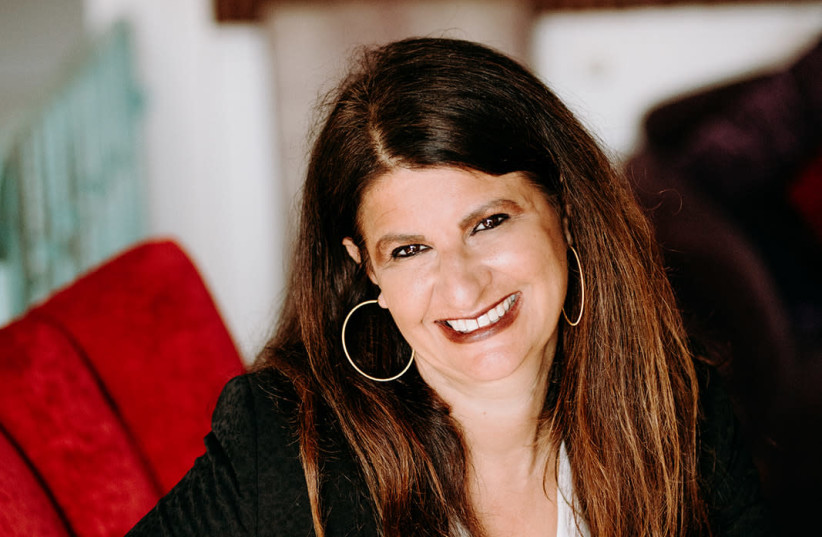Elizabeth Holmes deserves condemnation. She misled investors. She lied to advisors. Worst of all, she enticed trusting people to test their blood in her defective machines. Her indictment was justified and her verdict is just. But her conviction has spawned a new bloodsport. If we’re not careful, those feasting on Holmes’s remains will defame entrepreneurship, degrade women entrepreneurs, and defraud those who hope for a better tomorrow.
Holmes’s conviction makes it fair game to condemn entrepreneurs. Just as Bernie Madoff revealed the rot among financiers, so, they say, Holmes proves the rot among entrepreneurs. Entrepreneurs “move fast and break things.” They “fake it til they make it.” They cloak their inexperience with false promises. “Why would anyone invest in Elizabeth Holmes?” cluck the scolds. “She had no experience.”
Entrepreneurs think different. They see things that never were, and ask “why not?” Each entrepreneur starts with a vision. Like a storyteller, the entrepreneur’s first job is to make her vision visible. If investors see what she sees, her next job is to make the vision real. Her vision is invisible without their capital. Their capital is lost without her execution.

To be sure, there are many entrepreneurs who envision shiny objects no one knows we need. They set out to remake the world in their own images, to hell with the consequences. Who knew we needed an iPod much less an iPhone? So enchanted with the thousands of tunes in our individual pockets, we allowed Steve Jobs to lay the tracks for the loneliest generation in human history. Who knew we needed Facebook or Twitter? So delighted with the democratization of expertise, we allowed Mark Zuckerberg and Jack Dorsey to blow up democracy’s public square into millions of private screens. Who knew we needed Instagram? So eager to share every moment, we allowed Kevin Systrom to annihilate authenticity.
But there are other entrepreneurs who set out to solve real problems, small and large. Sara Blakely created Spanx to help women look as good as they feel. Wendy Kopp founded Teach for America to improve educational outcomes for low-income children. Gina Life’s Inbal Zafir-Lavie is inventing the early detection of ovarian cancer. Blakely had never designed women’s undergarments. Kopp had never taught. And Zafir-Lavie had never treated cancer. Yet they see what the experts will never deliver, and, graced with what Echoing Green President Cheryl Dorsey calls “blessed naivete,” are hellbent on turning their visions into reality.
The UN’s sustainable development goals will never deliver the smart-phone detection of cervical cancer built by Ariel Beery at MobileODT. Build Back Better will never equip the rust belt to fend off Amazon like Aharon Horowitz’s AutoLeadStar. No climate accord will reduce oil dependency like Daniel Ramot’s Via or Travis VanderZanden’s Bird. It is entrepreneurs who are delivering the world we are waiting for.
More often than not, behind the entrepreneur who feels compelled to fake it til she makes it, are investors who care only about their 10X returns. She must make it so they can take it. For the entrepreneurs dedicated to solving real problems, there are equally dedicated investors who put success ahead of exit.
With VCs meeting only the entrepreneurs recommended to them by fellow-VCs, the glass ceilings of Silicon Valley have notoriously few cracks. The Holmes hype reinforces this reality. Rather than seeing how Holmes’s vision to disrupt the medical industrial complex could inspire esteemed public servants, the media insist George Shultz, Henry Kissinger and James Maddis were attracted to Holmes because she’s a beautiful (fake) blond. And since neither WeWork’s Adam Neumann nor Uber’s Travis Kalanick were put on trial, they prefer to see Holmes’s indictment as sexist rather than acknowledge her transgressions had much higher stakes.
Ironically, the story most degrading to women came from Holmes’s own lawyers, who used her alleged rape while at Stanford as part of her defense. Must a female entrepreneur be more sympathetic as a victim rather than as a visionary?
Elizabeth Holmes set out to think different about medicine. Despite her crimes, her vision to detect diseases when they are still preventable remains inspiring.
Holmes named her blood testing device “The Edison”, after the famously persistent Thomas Edison. When Edison was developing the alkaline battery, a reporter, aware he had failed 10,000 times, asked him when he was going to quit. Edison insisted, “I haven’t failed 10,000 times. I know 10,000 things that don’t work.”
50,000 experiments and 10 years later, Edison gave us the alkaline battery. Similarly, when he was working on the lightbulb, a different reporter asked him how it felt to have failed 1,000 times. To Edison these were not failures. The lightbulb, he said, “was an invention with 1,000 steps.” Great success, he said, “is built on failure, frustration, even catastrophe.”
The story of one bad apple should not be allowed to dissuade other entrepreneurs–male and female–from embracing Holmes’s vision. Neither should it deter future investors from helping them fail enough times until her vision is our reality. We should all hope to live in the future Elizabeth Holmes set out to realize.
Sarah Kass is the founder of the reality-first metaverse company Fabric, that’s building a world where everyone belongs. Fabric was a 2021 winner of MassChallenge Israel.
